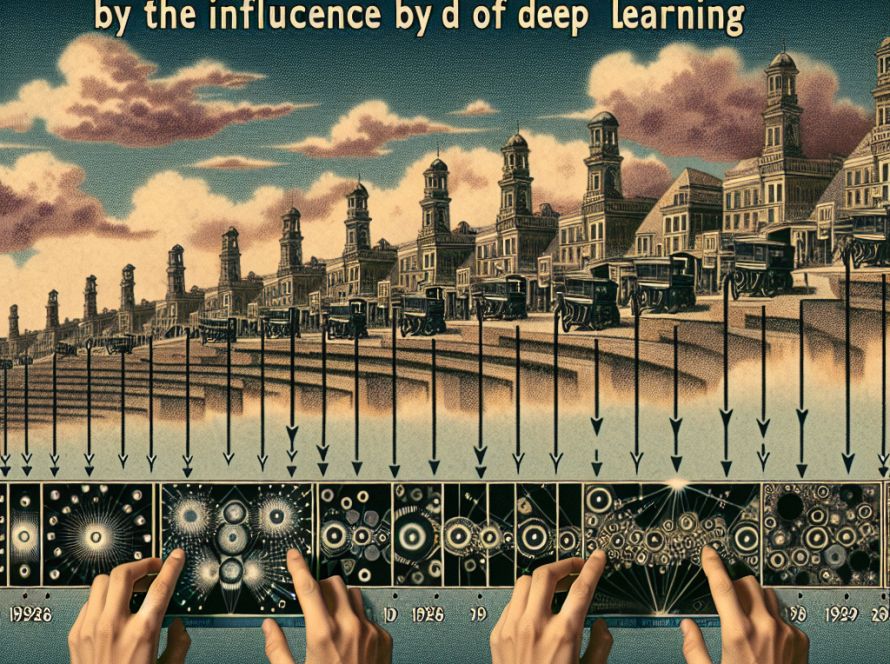The Technology Innovation Institute (TII) in Abu Dhabi has launched “Falcon,” a ground-breaking collection of language models. They’re available under the Apache 2.0 license, with Falcon-40B being the first “fully open” model that’s equivalent in capabilities to numerous proprietary alternatives. This innovation marks a significant step forward in the field, presenting a wealth of opportunities for practitioners, enthusiasts, and various industries.
The Falcon family, including Falcon-40B and Falcon-7B, has been meticulously developed. Falcon2-11B, another member of the family, is a causal decoder-only model with 11 billion parameters. It has undergone thorough training on more than 5 trillion tokens, combining RefinedWeb data with carefully curated bodies of text. Access to this model is granted through the Falcon License 2.0, which includes a usage policy to encourage responsible application of AI technology.
In particular, Falcon2-11B is trained to predict the forthcoming token in a causal language modeling task. It is an enhanced version of the GPT-3 model, encompassing rotary positional embeddings, multiquery attention, FlashAttention-2, and parallel attention/MLP decoder-blocks to differentiate it. Meanwhile, Falcon-40B and Falcon-7B also stand out, providing exceptional capabilities with relatively low memory requirements. Both are extensively trained on large token datasets, making them robust and effective language models.
These Falcon models are ideally suited for tasks such as summarization and chatbots, thereby providing a solid foundation for AI solutions. That said, care is needed when using these models, especially considering some potential downsides, like unintended biases due to the web data employed in training. TII advises fine-tuning the model for specific tasks and setting up safeguards for responsible use in production.
In closing, TII’s Falcon models represent a considerable stride in the world of AI, bringing forward promising technology. These models offer impressive features, like being meticulously trained to provide comprehensive abilities in language modeling tasks. While ensuring responsible usage is critical, their potential is enormous in bringing transformative changes across industries. Therefore, they represent an exciting future in AI technology, ushering in a new age of responsible and sustainable innovation.


